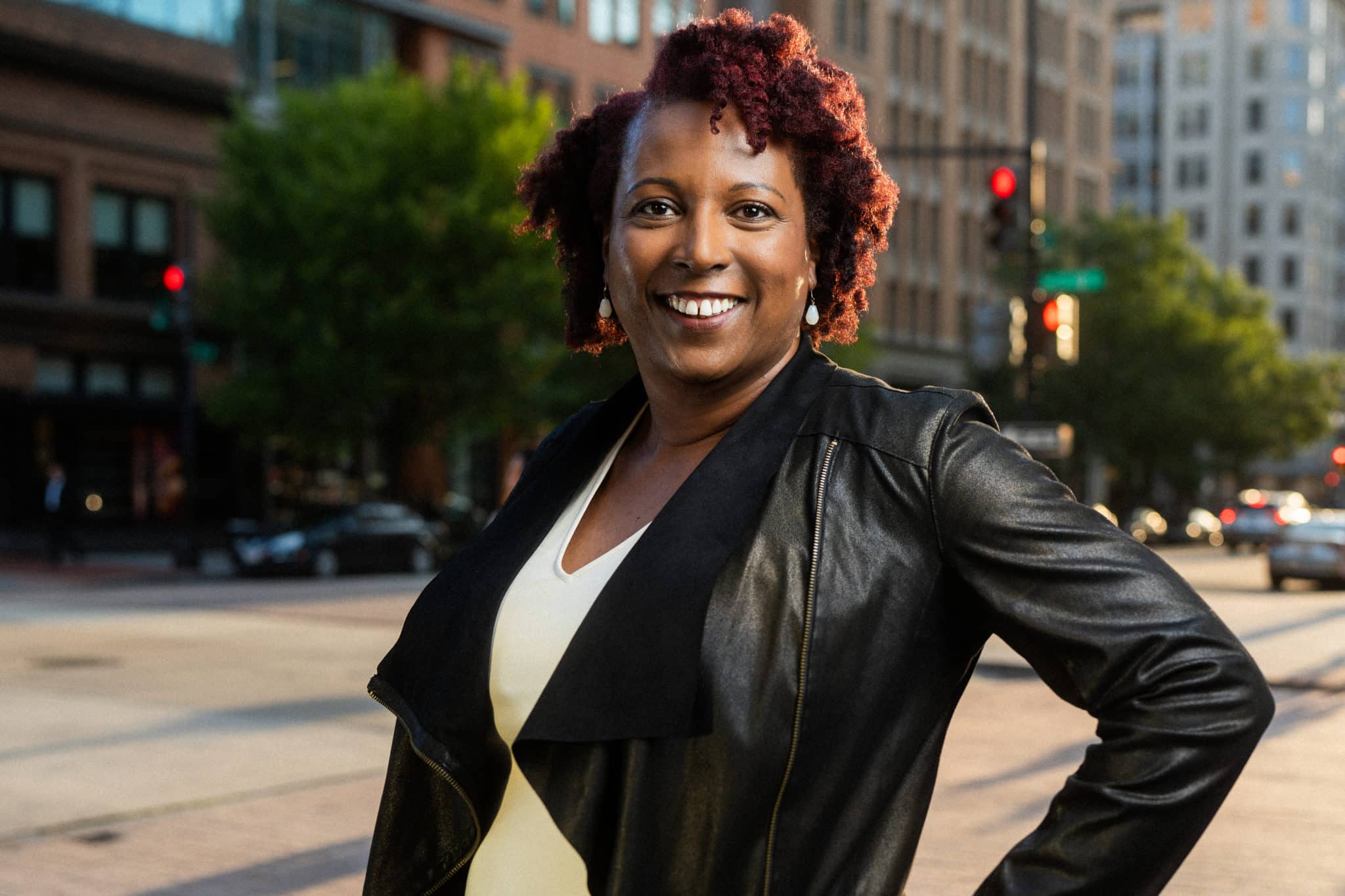Building Family Beyond Kin

Rhonda Wilson discovered that the need for caregiving doesn’t just happen with close family members. The need can arise with new friends.
Rhonda, wanting a change of pace, moved from Connecticut to Atlanta in 2009. She had lived in the city before and quickly settled into the routine of her new life in Georgia. One of her co-workers pointed out to her that all she was doing with her new life was coming to work, then going home. The co-worker made some suggestions of things Rhonda could do to meet new people. As a result, Rhonda decided to join a local MeetUp group. MeetUp is an online platform that allows individuals to form groups based on common interests.
Rhonda met with her group for about a month before a member of the group had a brain aneurysm that burst. The group met shortly afterward to discuss if they were going to be involved with the group member’s care. All the other members of the small group had similar circumstances: if any of them became sick or injured, there was no one to help take care of them.
“We’re all in the same boat,” Rhonda says. “We can all disappear or try to help the best way we can.”
During that meeting, the group decided that they would all jump in to help. They quickly created schedules to make sure their friend’s needs were met. They also talked to doctors and other medical staff. While some hospitals will only give information and discuss medical needs with family members, medical personnel understood the circumstances and readily kept the group of friends informed. The circumstances surrounding the hospitalization and the caregiving point to a particular vulnerability with caregiving.
There are currently 13 states that offer mandated paid family and medical leave to their workers. The leave can be for a worker’s illness or injury. It can also be for caregiving responsibilities of a family member. There are organizations in each of those states that are pushing to broaden the definition of family. For example, in the state of Washington, paid leave advocates pushed for a definition of family to include blood relatives and “people who have an expectation to rely on your care, whether or not you live together.”
Fortunately, there was a group of people who agreed to help their ill friend so they could spread out responsibilities. Otherwise, there would not have been many options for them as individuals. Georgia doesn’t offer paid leave to workers and the friend would not qualify as a family member as defined by many states, which would have allowed individual group members to take time away from work for caregiving.
The group also contacted their friend’s adult daughter and only child, who lived in Houston. She had been wondering why her mother hadn’t contacted her in several weeks, but figured her mother was busy. She had no idea that her mother was in the hospital. As the daughter found out about her mother’s condition, she wanted to rush to her mother’s side, but was hindered by her job.
Rhonda got a close-up view of what can happen when employers take firm stances that don’t take emergencies or family responsibilities into account. After the group finally found their ailing friend’s daughter, they had to wait three weeks for her to be able to travel. Despite her offers to show documentation to her boss that would prove the emergency, the boss threatened to fire the daughter if she left. It took 3 weeks for the daughter to work things out with her boss so she could travel without getting fired. The daughter, who wanted to get to her mother as soon as possible, cried while explaining the situation to the group of caregiving friends.
Rhonda never had an employer who wasn’t compassionate. She also grew up with a mother who had to take 3 months away from work after being hit by a car. Because her mother, who was a Connecticut state worker, had access to paid leave, her mother’s pay did not change nor did her medical benefits change. Best of all, no one harassed Rhonda’s mother about returning to work before her doctor’s recommended time. Rhonda said the contrast in the Houston daughter’s circumstance was shocking to observe.
The daughter finally was able to travel to Atlanta. She and the group members cleaned out her mother’s apartment and packed her up for a road trip to Houston, where the daughter lived. It’s been several years since Rhonda has heard from the recovering group member, but the last time they talked, she was getting better and thinking about returning to Atlanta.
Rhonda reflected back on her caregiving experience while participating in storytelling training by Family Values @ Work (FV@W). During the training, she received coaching and public speaking tips. She learned how to tell her caregiving story in a way that would inspire others to action around caregiving issues and paid leave. At the end of her training, she was asked by the organization to tell her story publicly. She says she was only expecting a handful of people at the storytelling event, but was surprised to find “80 to 100 people” in the audience.
Rhonda participated in FV@W’s storytelling event, “Caring Out Loud,” on Friday, September 13. The hybrid event, held in-person at the Martin Luther King Jr Memorial Library Auditorium in Washington, DC, and online, was another opportunity to share her caregiving story. But this time, the audience was much larger. She said organizers expected approximately 400 attendees.